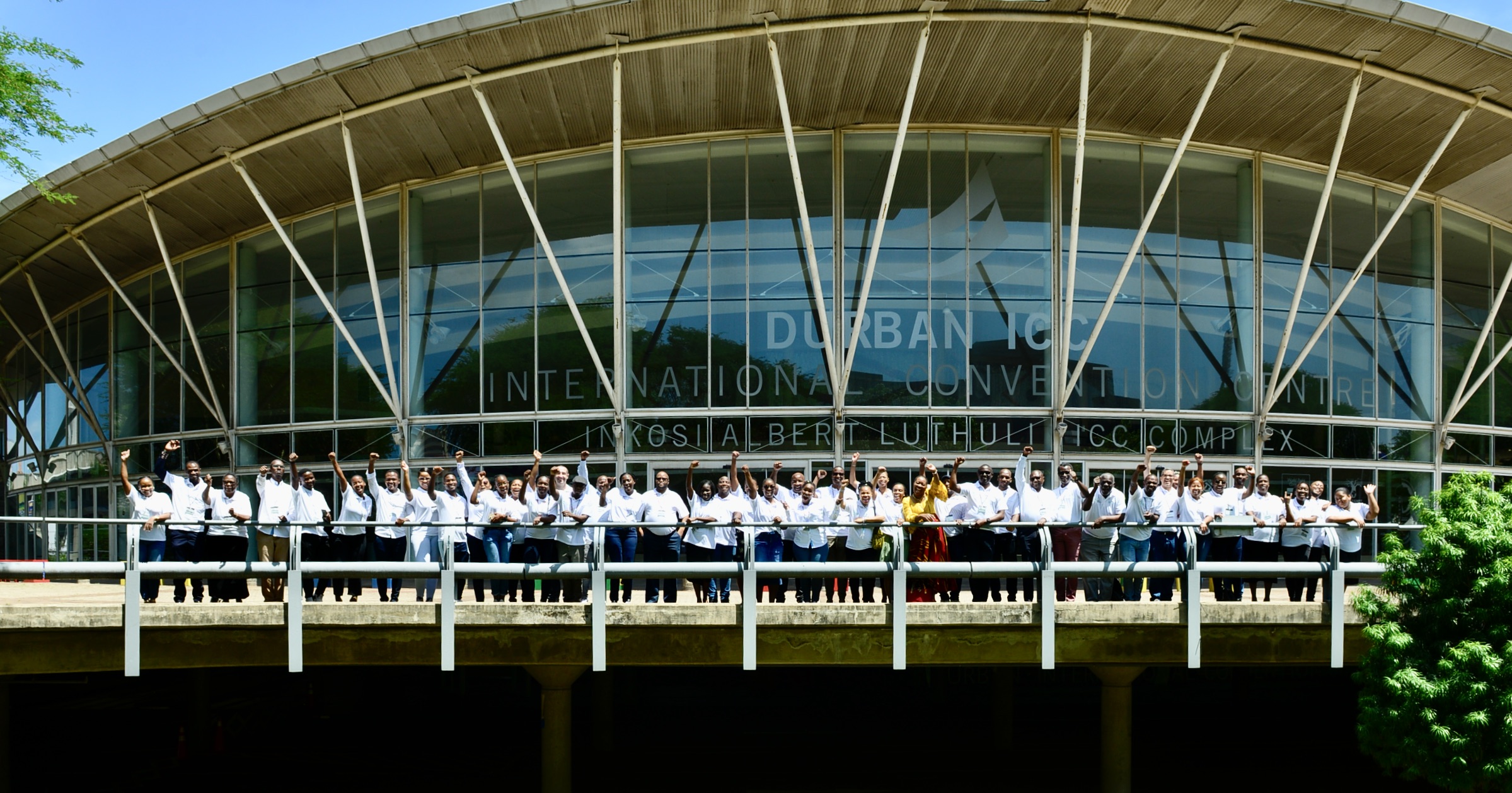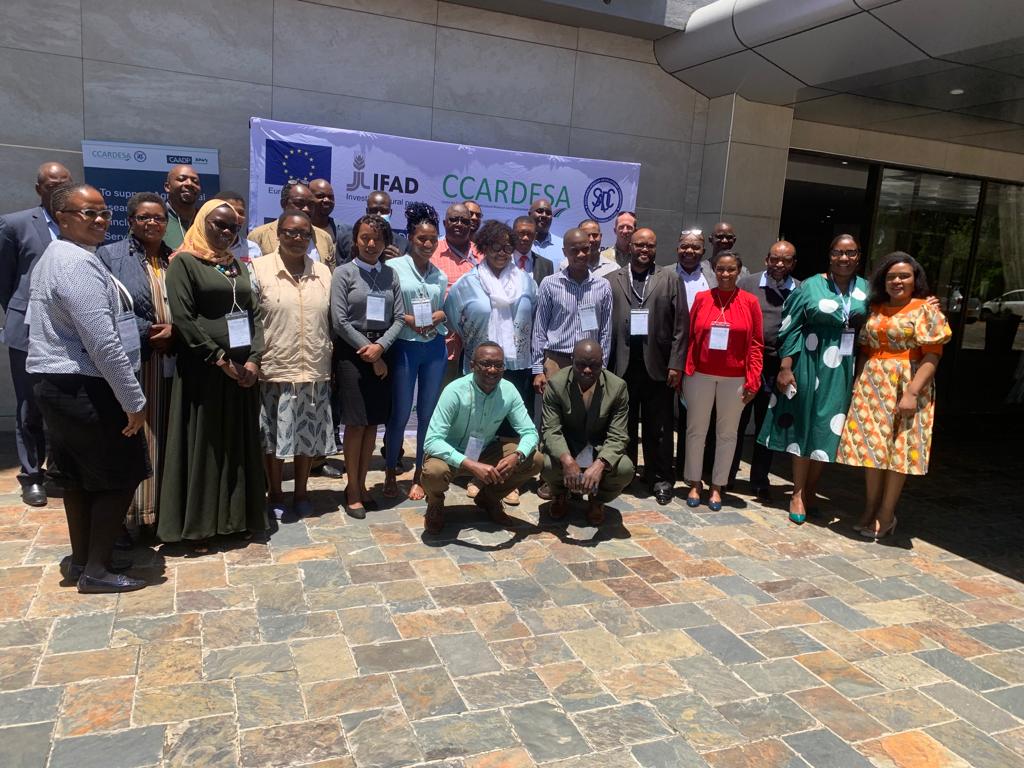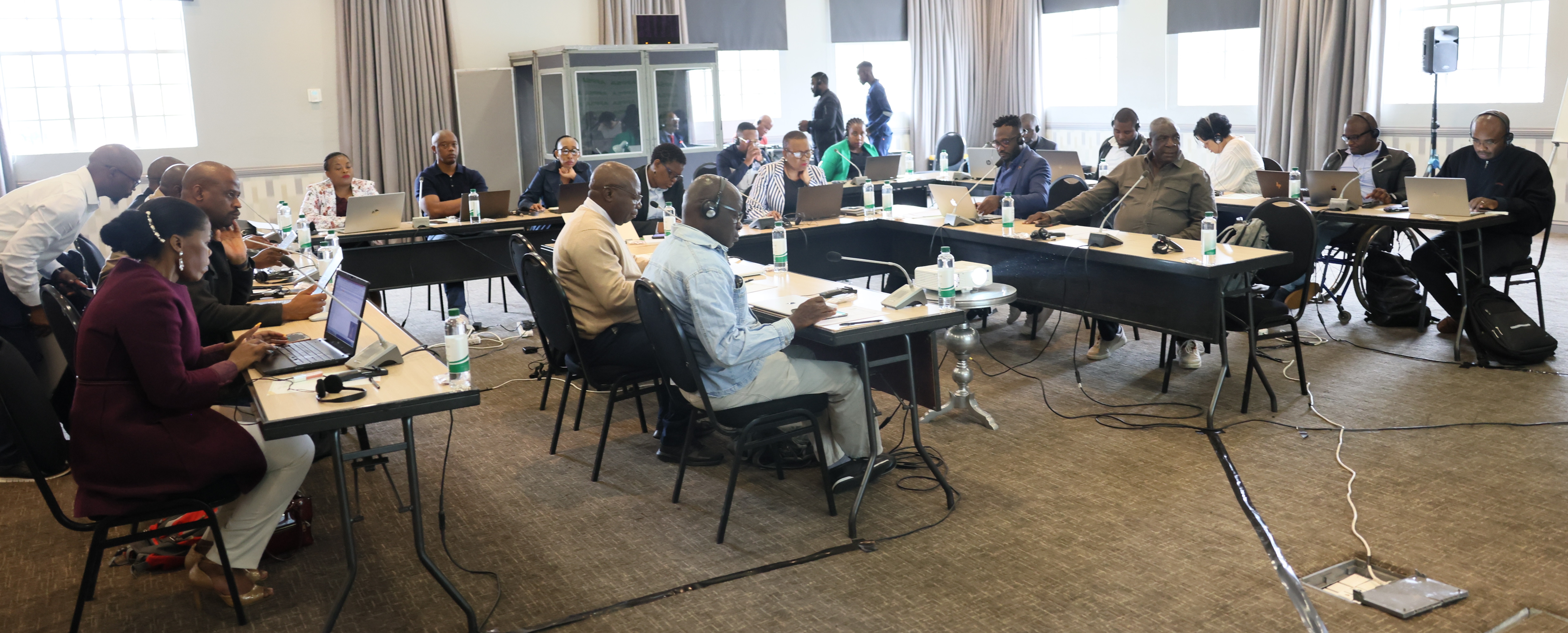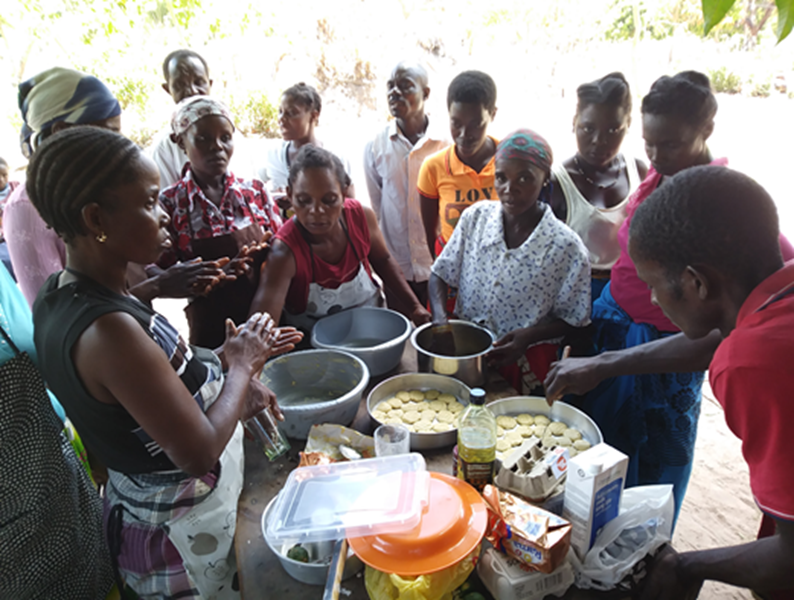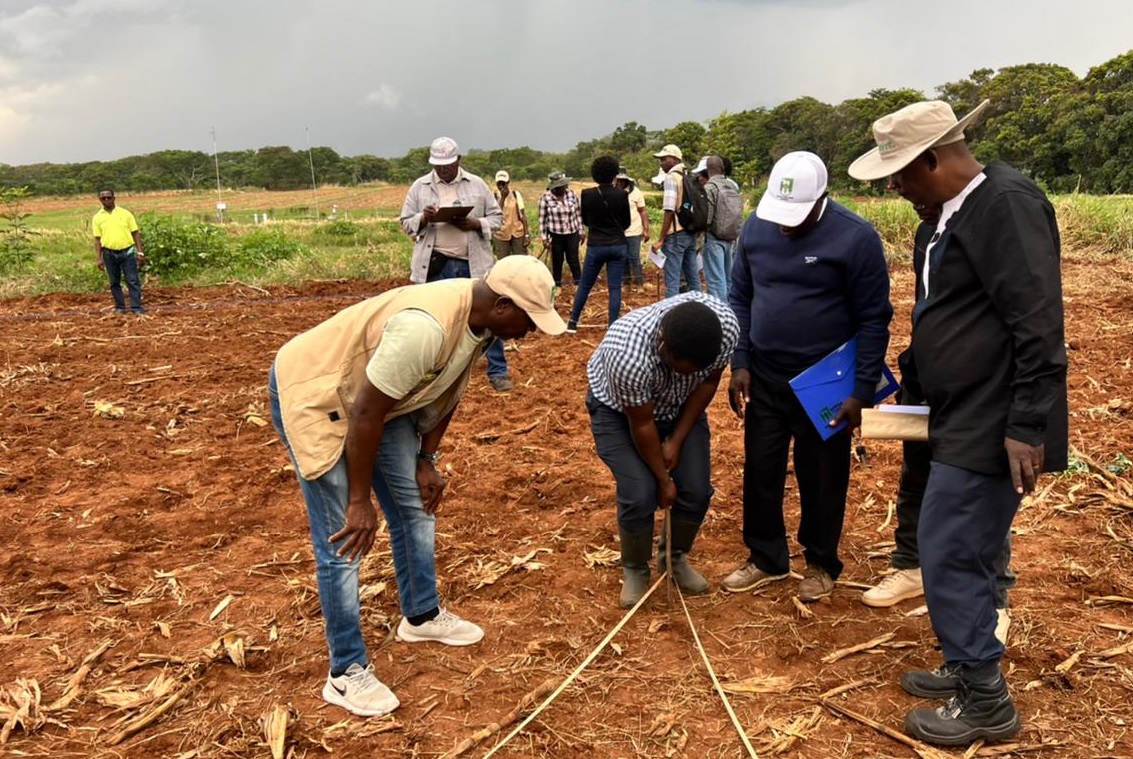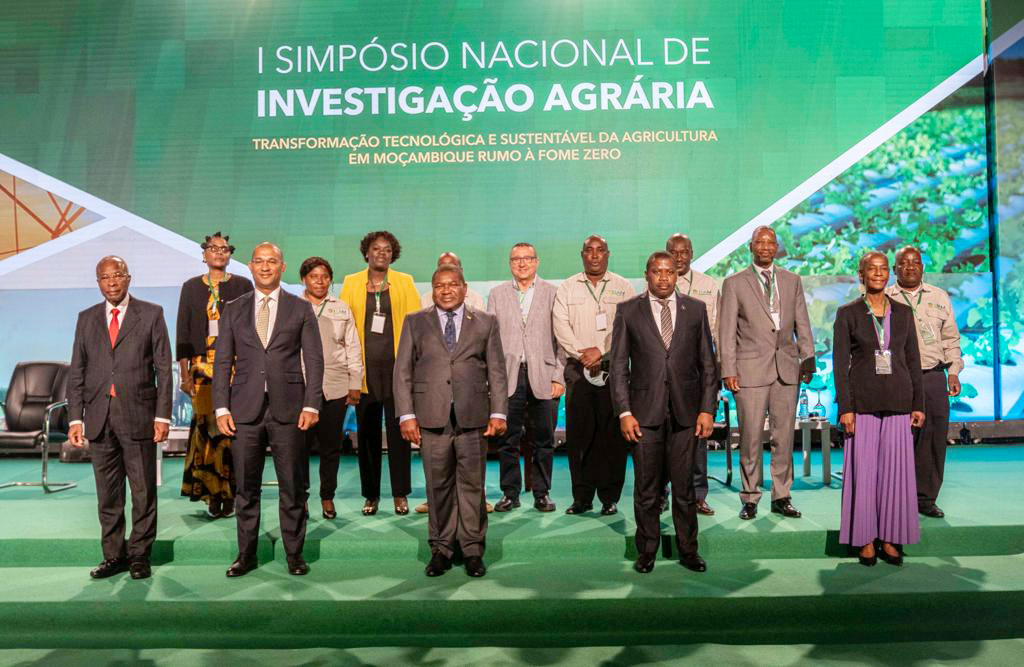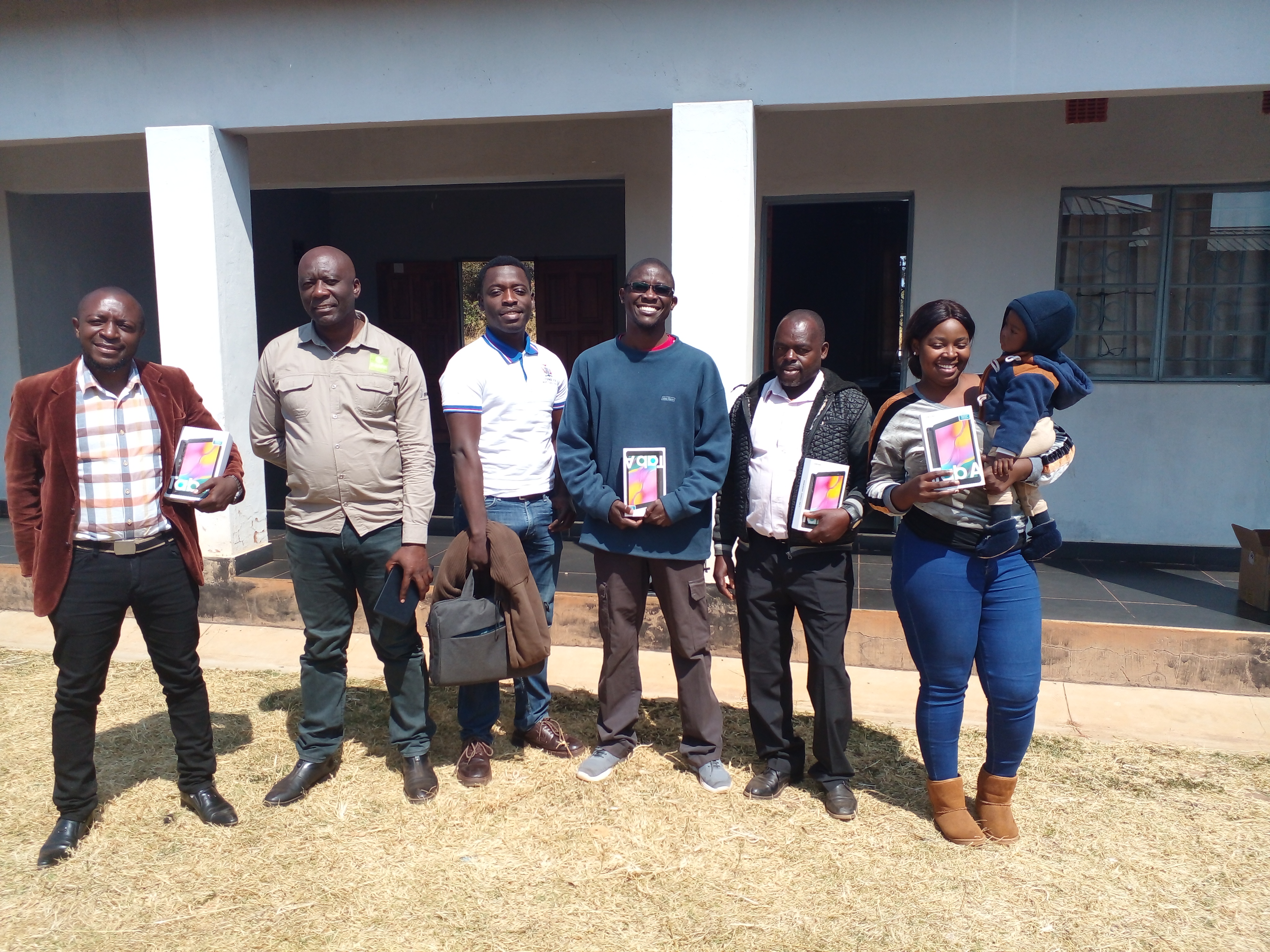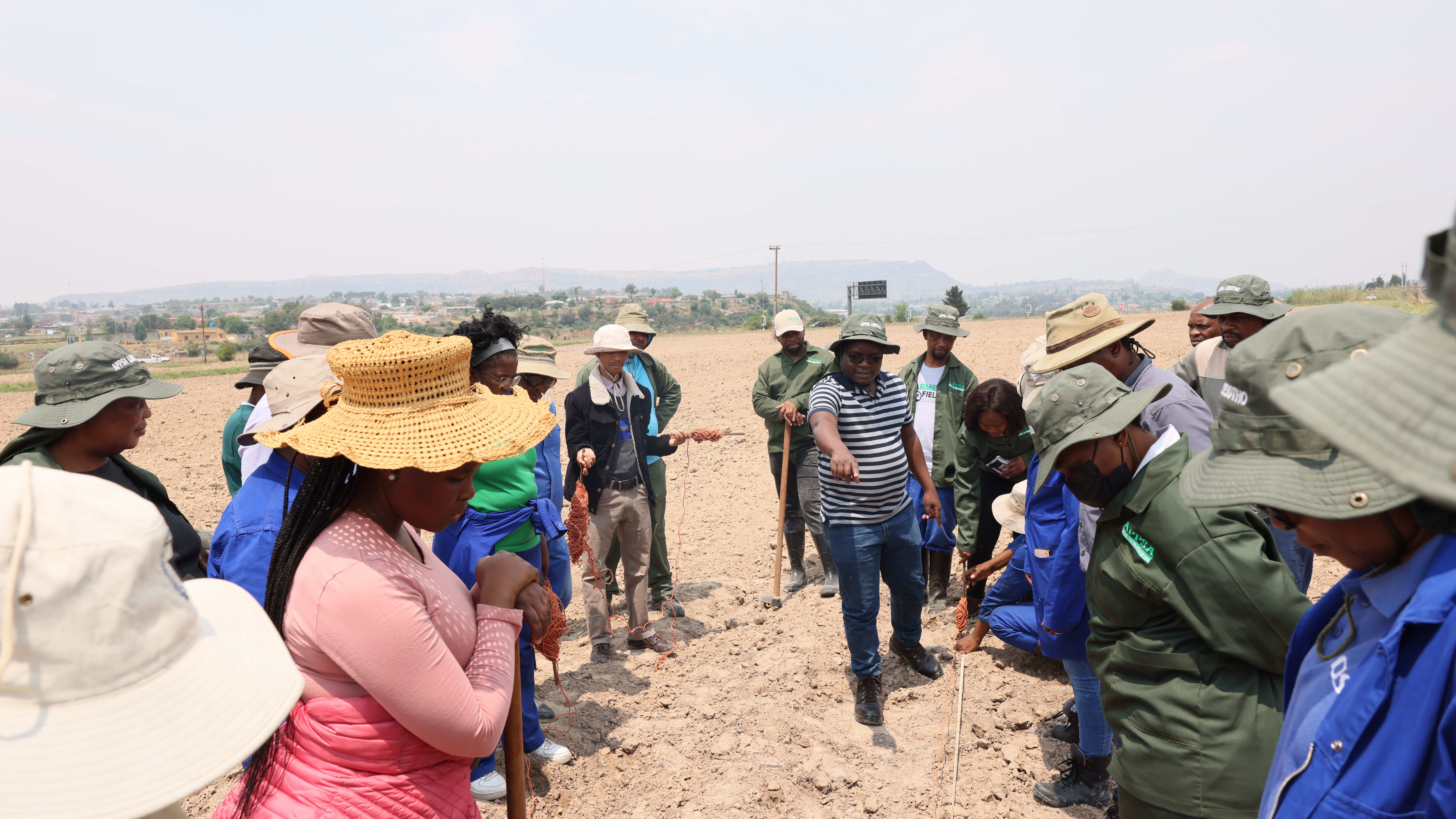Agriculture Global Practice - Gender in Climate Smart Agriculture: Module 18 for Gender in Agriculture Sourcebook
This module provides guidance and a comprehensive menu of practical tools for integrating gender in the planning, design, implementation, and evaluation of projects and investments in climate-smart agriculture (CSA). The module emphasizes the importance and ultimate goal of integrating gender in CSA practices, which is to reduce gender inequalities and ensure that men and women can equally benefit from any intervention in the agricultural sector to reduce risks linked to climate change. Climate change has an impact on food and nutrition security and agriculture, and the agriculture sector is one of the largest emitters of greenhouse gases. It is crucial to recognize that climate change affects men and women differently. The content is drawn from tested good practice and innovative approaches, with an emphasis on lessons learned, benefits and impacts, implementation issues, and replicability. These insights and lessons related to gender in CSA will assist practitioners to improve project planning, design, monitoring, and evaluation; to effectively scale up and enhance the sustainability of efforts that are already underway; or to pursue entirely different solutions. This module contains five thematic notes (TNs) that provide a concise and technically sound guide to gender integration in the selected themes. These notes summarize what has been done and highlight the success and lessons learned from projects and programs.
World Bank Group, FAO and IFAD. 2015. Gender in Climate-Smart Agriculture Module 18 for the Gender in Agriculture Sourcebook. Geneva, Switzerland.


